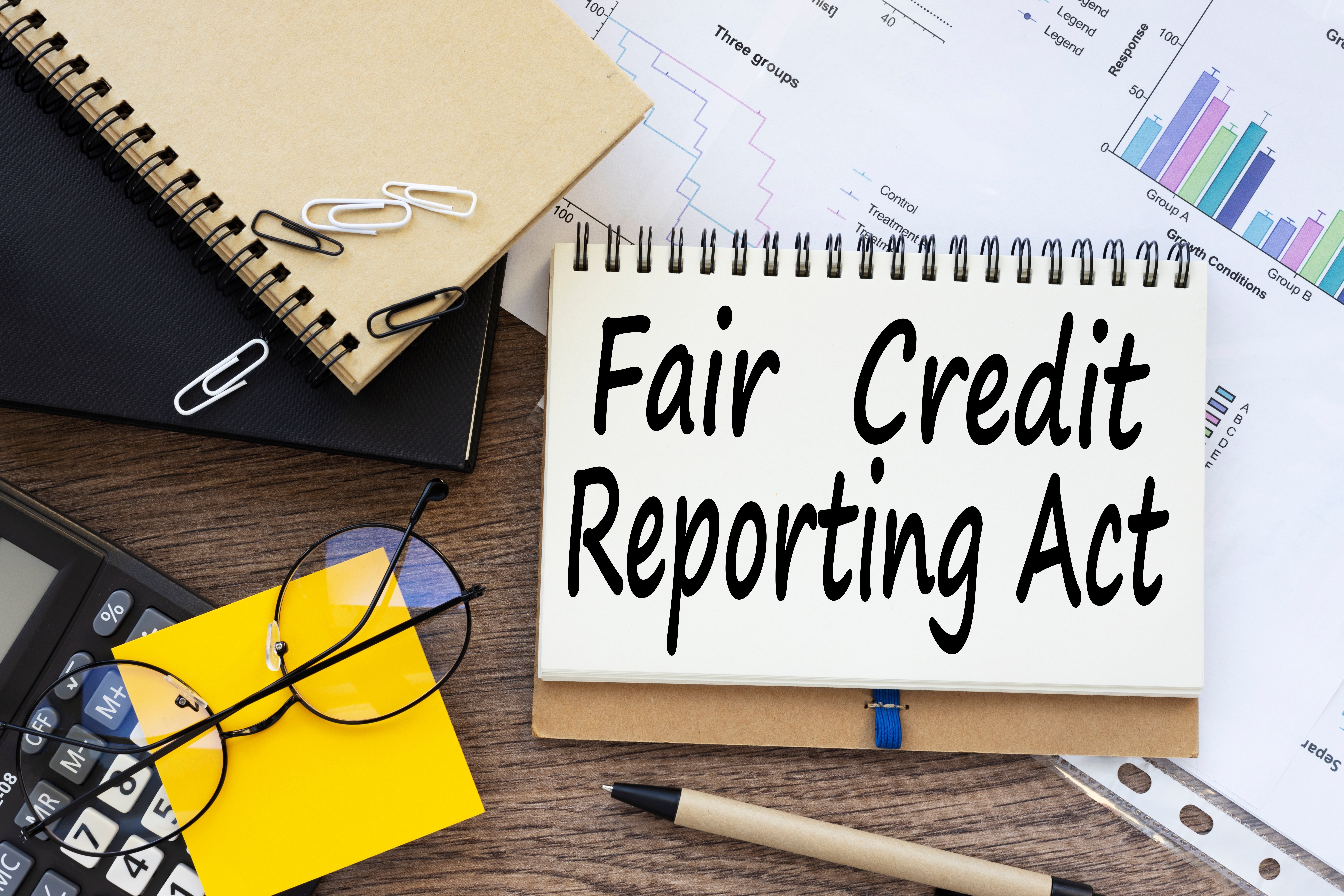Navigating federal background check laws can be complex, but understanding them is crucial for maintaining a compliant and fair hiring process.
Understanding the Fair Credit Reporting Act (FCRA)
The Fair Credit Reporting Act (FCRA) is a federal law that governs how background checks are conducted in the United States. It ensures that the information collected by consumer reporting agencies (CRAs) is accurate, fair, and used for permissible purposes. Employers must obtain written consent from the job applicant before conducting a background check and must provide a clear, conspicuous disclosure that a background check will be performed.
Additionally, if an employer intends to take any adverse action based on the background check (such as not hiring the applicant), they must provide the individual with a copy of the report and a summary of their rights under the FCRA. This allows the applicant to review the information and dispute any inaccuracies.

The Role of the Equal Employment Opportunity Commission (EEOC)
The Equal Employment Opportunity Commission (EEOC) enforces federal laws that make it illegal to discriminate against a job applicant or an employee. In the context of background checks, the EEOC provides guidance on how employers can use criminal history information without violating anti-discrimination laws.
The EEOC advises that employers should consider the nature of the job, the severity of the offense, and the time that has passed since the offense occurred. Employers should also provide an opportunity for the applicant to explain the circumstances surrounding any criminal records found during the background check.
Ban-the-Box Legislation: What Employers Should Know
Ban-the-box laws are designed to give individuals with criminal histories a fair chance at employment. These laws prohibit employers from asking about an applicant's criminal history on job applications and often delay background checks until later in the hiring process.
The specifics of ban-the-box legislation can vary significantly from one jurisdiction to another. Some states and cities require employers to wait until after a conditional offer of employment is made before conducting a background check. Employers should be aware of the local laws governing ban-the-box requirements to ensure compliance.

State vs. Federal Background Check Laws: Key Differences
While federal laws like the FCRA provide a baseline for how background checks should be conducted, state laws can impose additional requirements and restrictions. For example, some states have more stringent limitations on what types of criminal records can be considered in hiring decisions, or they may have specific procedures for notifying applicants about background checks.
Employers must navigate both federal and state laws to ensure their background check policies are compliant. This can involve working with legal counsel or using background check services that are knowledgeable about the laws in different jurisdictions.
Best Practices for Conducting Compliant Background Checks
To ensure background checks are conducted in a compliant and fair manner, employers should follow several best practices. First, always obtain written consent from the applicant before conducting a background check. Clearly disclose the purpose and scope of the background check.
Second, use background check services that are compliant with both federal and state laws. Third, consider the relevance of any information found to the job position in question. Lastly, provide applicants with the opportunity to dispute any inaccuracies in their background check report, and be transparent about the decision-making process.


